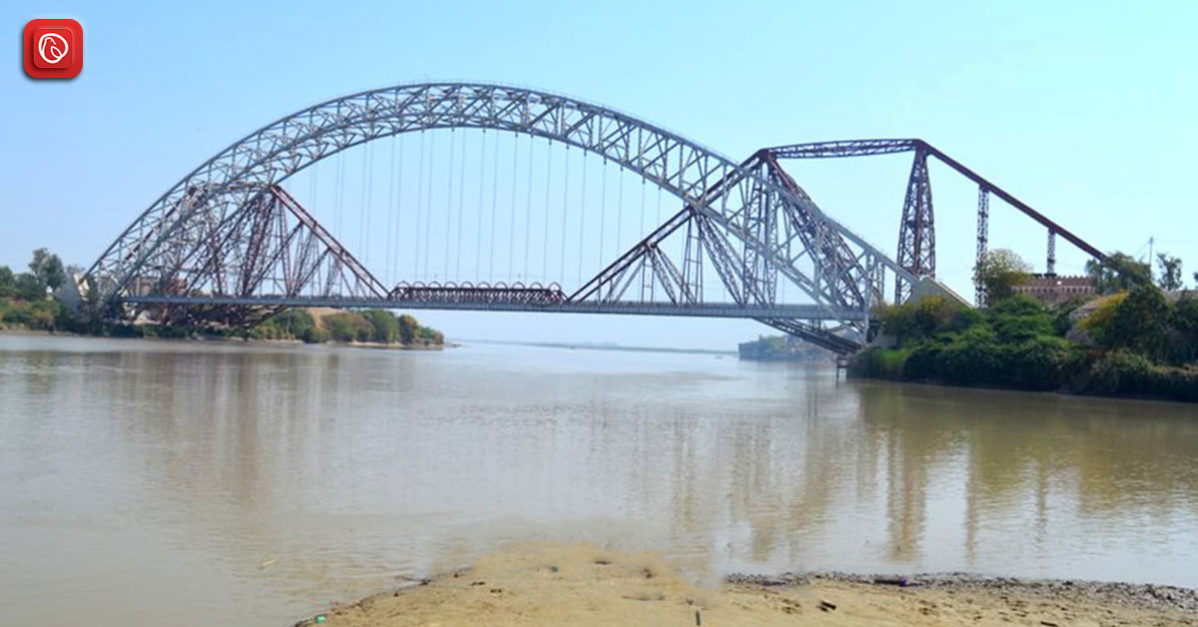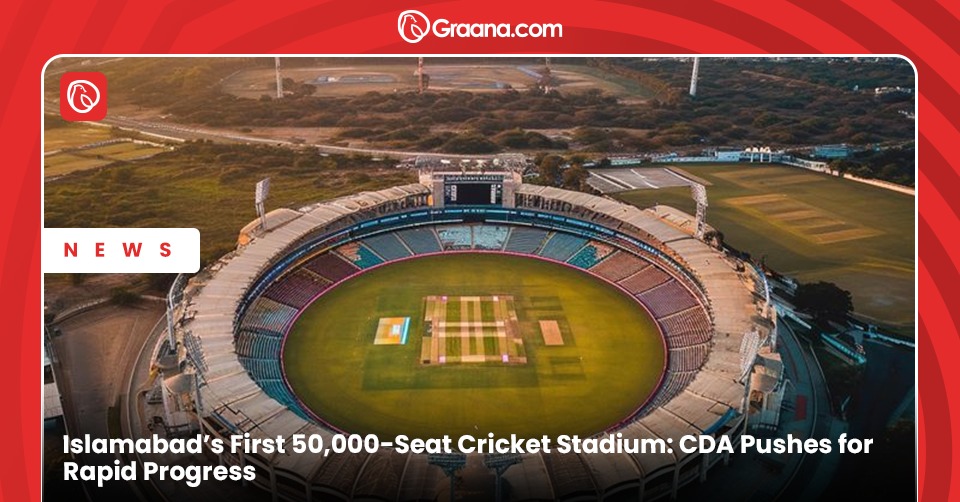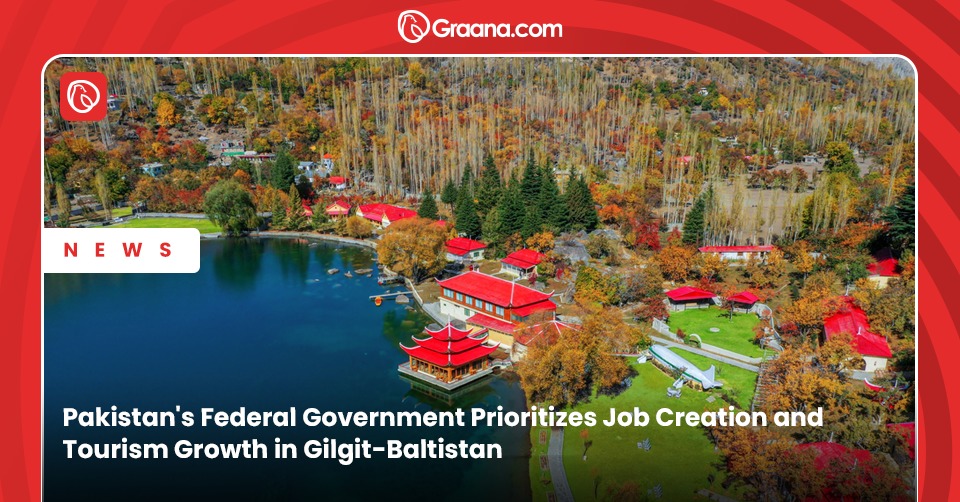Rohri is located in the province of Sindh, Pakistan, on the east bank of the Indus River. Sukkur, Sindh’s third-biggest city, is located directly across from Rohri. As a significant administrative hub for centuries, Rohri itself has a rich history. Also known as Aror, it played a significant part in 711 CE in the founding of Muslim dominance in South Asia.
In this blog, Graana.com will examine the historical sites, vibrant culture, and other fascinating features of Rohri.
Location of Rohri
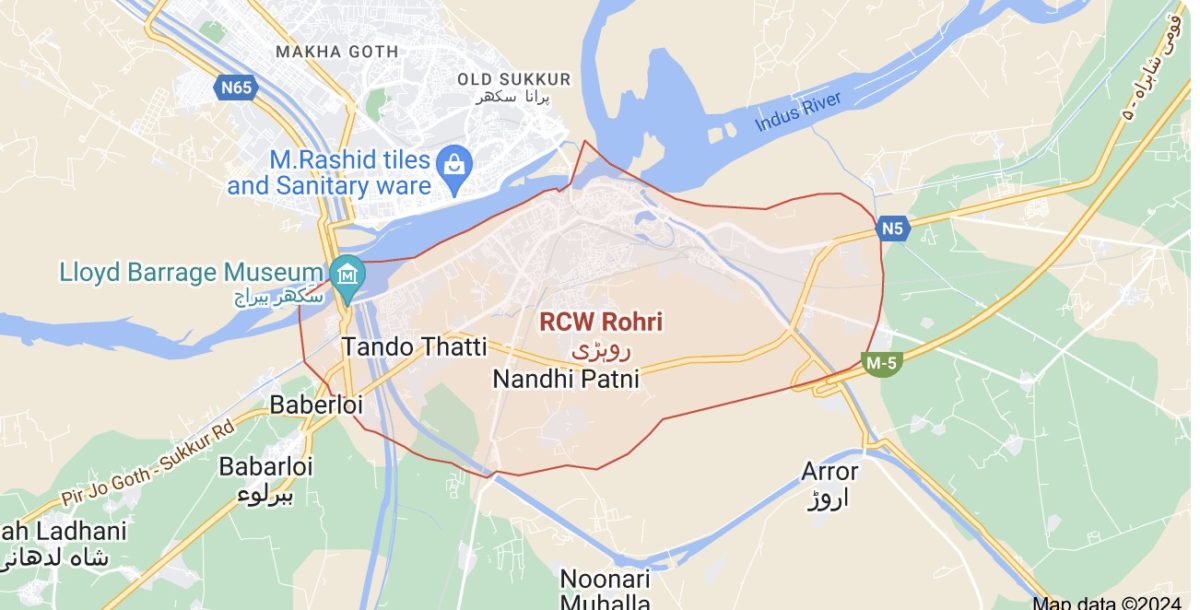
In Pakistan’s Sindh province, Rohri is located on the east bank of the Indus River. Sukkur, the third-largest city in Sindh, is located just across the river from it, and together, the two create a metropolitan area. Because it served as the administrative hub of Rohri Taluka in Sukkur District, Rohri also has historical significance.
How to Reach Rohri?
Rohri, a historic city in Sindh, Pakistan, lies on the eastern bank of the river Indus, directly across from Sukkur, the third-largest city in the province. Here are some ways to reach Rohri:
By Car
If you’re starting from Islamabad, the capital city of Pakistan, you can drive to Rohri. The distance is approximately 893.4 kilometres, and the journey takes around 14 hours. The route offers scenic views, passing through various towns and landscapes.
Public Transportation
- Buses: Rohri has a well-connected bus network. You can take buses within the city or from nearby towns.
- Taxis and Rickshaws: Getting around Rohri is relatively easy, with taxis and rickshaws available for local travel.
Tourist Attractions
This City is a culturally significant and historically rich hidden gem in Pakistan’s southern Sindh region. Let’s investigate a few of its intriguing draws:
Barrage of Sukkur
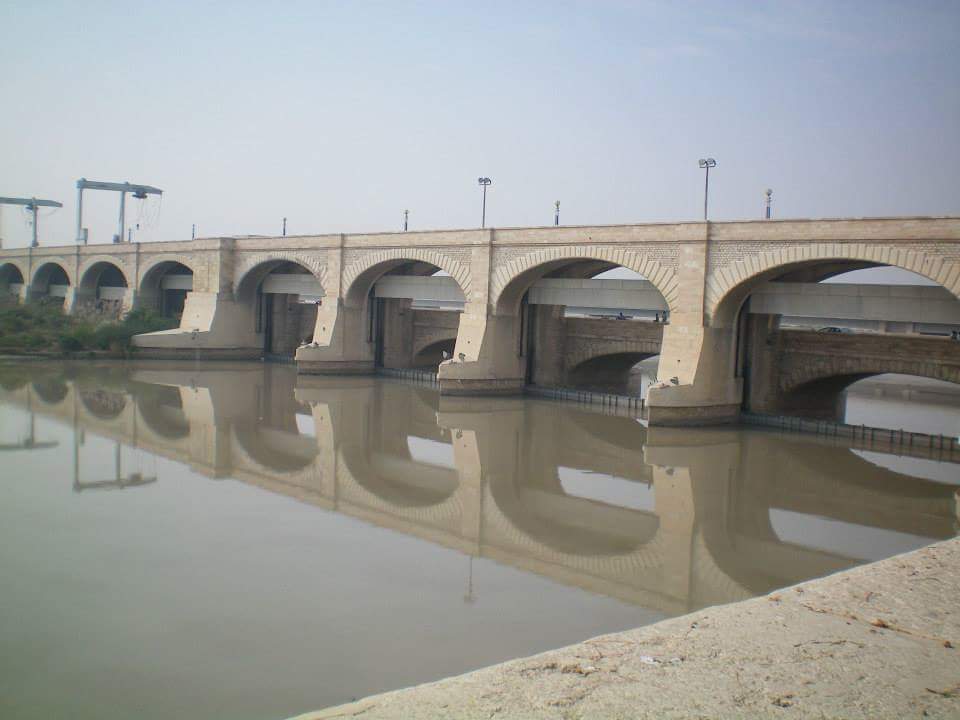
Close to this City, the Sukkur Barrage is a breathtaking feat of engineering. It regulates the flow of water from the powerful Indus River, guaranteeing agricultural lands receive regular irrigation.
As a result, the area is now among the most productive in agriculture, boosting the local economy and raising living standards. The Barrage helps produce hydroelectric power and has an amazing design with 66 gates to control water flow.
The Lansdowne Bridge
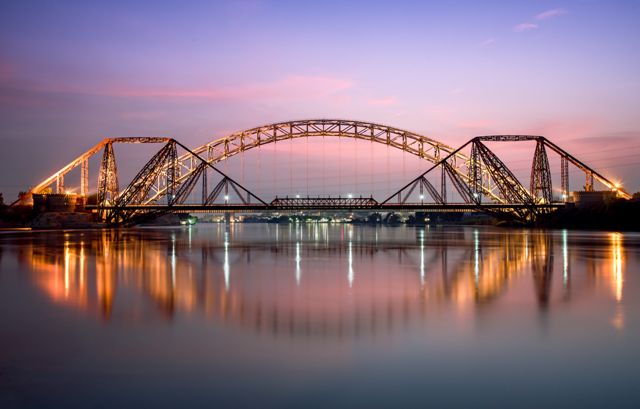
An important historical landmark in Rohri City is the Lansdowne Bridge, an old building. It connects Rohri to Sukkur by crossing the Indus River. It is a tourist must-see due to its age and architectural charm3.
Masoom Shah Minaret
Masoom Shah, a Sufi saint, is the subject of this monument. It is worth seeing when you visit Rohri, since it is a monument to the area’s spiritual legacy.
Shrines
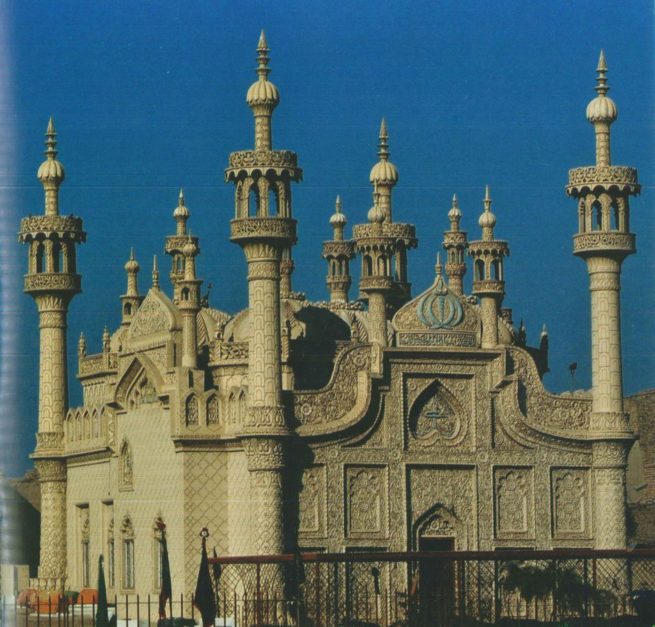
The shrines of Rohri are well-known, one of which is the Sateen Jo Aastan, dedicated to the Seven Sisters, daughters of a Hindu ruler who became Muslims. These shrines are important both historically and culturally.
The Ayub Bridge
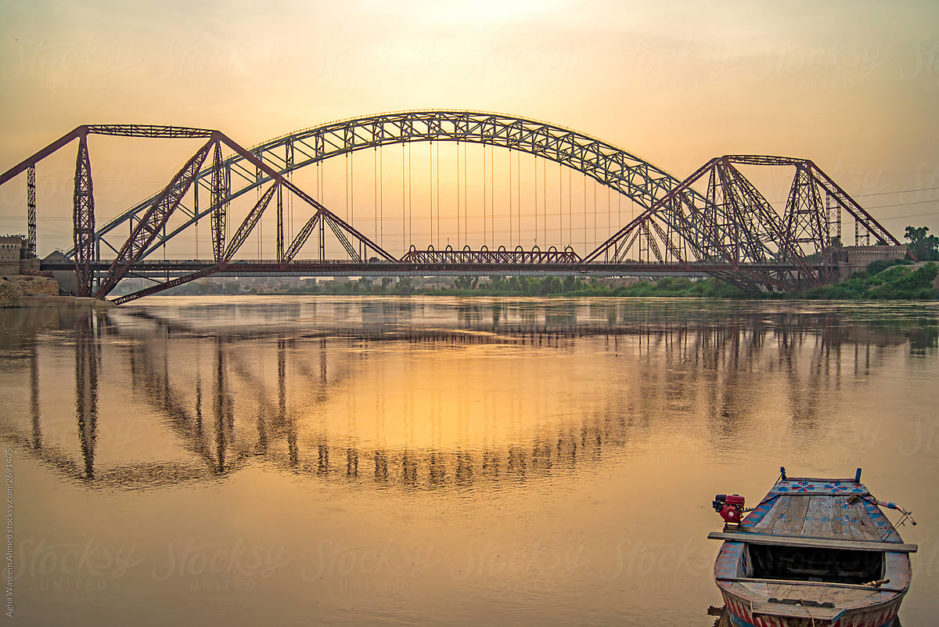
This bridge, which spans the Indus River and connects the city with Sukkur, is only one of the city’s well-known bridges. It is also considered one of the city’s tourist attractions.
History
The locals have been around since the fifth century BCE. The Ror dynasty ruled from 450 BC to 489 AD and brought prosperity to Raja Dhaj, founded as Rori Shankar.
The city is about ten kilometres west of the historic city of Aror. Its roots are in Roruka, a major commerce hub mentioned in early Buddhist writings. Before the Arab takeover in the 8th century AD, details regarding the city’s history are sparse. However, several dynasties, including the A-Ror, Rai, and Brahman dynasties, called Aror home.
The city was taken by Muslim general Muhammad bin Qasim in the year 711 AD. The Indus River’s flow changed in 962 AD due to a powerful earthquake. Aror was then referred to as Rohri.
The city had grown into a prosperous port city by the 12th century and was a key hub for the trade of agricultural goods.
Climate
The weather in the city is a hot and dry desert. The Köppen system categorizes this climatic type as BWh, which is characterized by extremely hot summers and mild winters. Because of its extreme dryness, most of the region’s meager rainfall falls between July and September during the monsoon season.
Based on data gathered between 1991 and 2020, Rohri receives only 105.8 millimetres of rain annually. Rainfall varies greatly from season to season; in 2022, 669.4 millimetres of rain were reported, the most ever. On the other hand, 1941 was an exceptionally dry year with no rain at all for the city.
FAQs
Following are some of the top FAQs:
What kind of climate does the city have?
According to Köppen, Rohri has a hot desert climate (designated as BWh). This indicates that summers are quite hot, and winters are pleasant.
Does it rain much in the city?
Rohri is extremely dry, no. During the monsoon season, most of its little rainfall falls between July and September. There is very little rainfall on average each year—about 106 millimetres.
How hot can it get in the city?
The summers in Rohri are scorching hot because of the desert environment.
Is there a good time to visit Rohri weather-wise?
The best time to visit Rohri maybe during the mild winters (November to March) when the weather is more agreeable.
What’s the historical rainfall range in the city?
Rainfall varies greatly. 2022 the highest yearly rainfall recorded was 669.4 millimetres, but no rain occurred in 1941.
This was all about Rohri. For more details, visit Graana.com.
